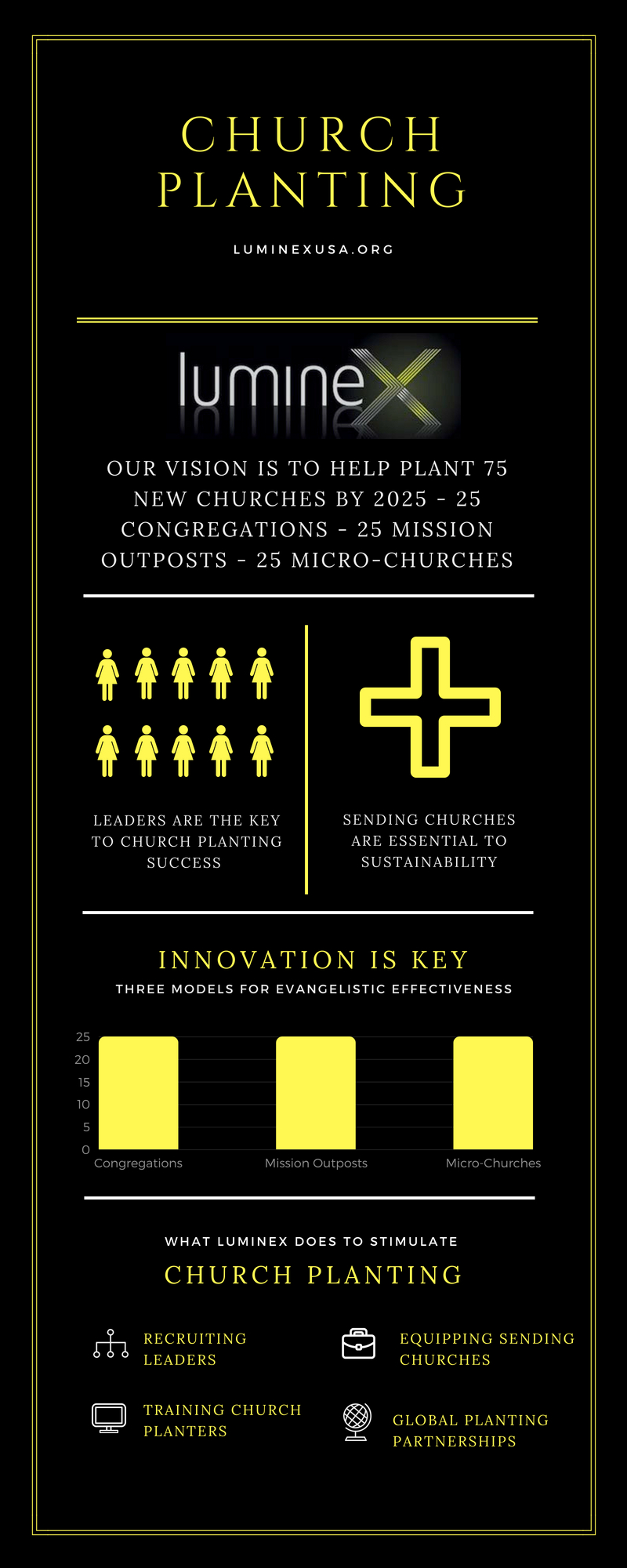Examining The Deep-Rooted Background And Consistent Impact Of Catholic Schools Globally
Examining The Deep-Rooted Background And Consistent Impact Of Catholic Schools Globally
Blog Article
Created By-Carr Cleveland
When you take into consideration the history of education, Catholic colleges attract attention for their deep-rooted practices and enduring impact. These institutions began as a means to impart belief and worths, yet they've adjusted extremely over centuries. Today, they play a critical role fit not simply scholastic success but likewise moral integrity. What's interesting is how they've managed to grow amidst transforming social landscapes, questioning concerning their future significance and effect.
The Origins of Catholic Education: A Historical Viewpoint
Catholic education and learning traces its origins back over 1,500 years, when early Christian communities identified the requirement for structured understanding. https://squareblogs.net/trey0song/5-factors-moms-and-dads-pick-catholic-colleges-for-their-kids-education-and 'll locate that these communities intended to hand down their confidence and worths with education and learning.
Monasteries and cathedral institutions became centers of learning, supporting both spiritual and intellectual development. As you dive deeper, you'll see that the educational program commonly included philosophy, theology, and the liberal arts, developed to develop well-rounded individuals.
Over time, the Church established much more official organizations, ensuring that education and learning continued to be easily accessible to all. The dedication to teaching moral worths and promoting a feeling of community has actually lingered with the centuries, forming the instructional landscape and influencing many lives worldwide.
https://www.tabletmag.com/sections/community/articles/ame-church-juneteenth-celebrations enduring heritage remains to inspire Catholic education and learning today.
The Advancement of Catholic Colleges With Social Contexts
As cultures advanced, so did the duty of Catholic institutions, adapting to the cultural contexts in which they existed. In the early years, these institutions focused mainly on religious direction, but as communities branched out, they started to incorporate regional languages, custom-mades, and instructional requirements.
You would certainly see that Catholic colleges usually became centers for social communication, promoting a sense of belonging amongst pupils from different backgrounds. In lots of areas, they dealt with social problems, such as hardship and discrimination, by giving available education for all.
As you discover various cultures, you'll see how Catholic colleges have changed their educational program and teaching methods, mirroring the worths and difficulties of their settings while holding to their fundamental objective of confidence and scholastic quality.
The Modern Function and Effect of Catholic Schools in Culture
In today's globe, Catholic institutions play a crucial duty in shaping not just the academic landscape, however also the more comprehensive neighborhood.
https://telegra.ph/Shaping-Trainees-Forever-The-Complete-Structure-Of-Catholic-Education-And-Learning-06-14 'll discover that these institutions stress values like respect, concern, and social justice, cultivating well-shaped individuals who add positively to culture. By concentrating on scholastic excellence and ethical advancement, Catholic institutions prepare pupils for future challenges, supporting critical thinking and leadership abilities.
They frequently offer varied populaces, connecting gaps in accessibility to top quality education. In addition, you might see their commitment to service, urging trainees to participate in neighborhood outreach and volunteer work.
This mix of education and learning and moral assistance makes Catholic schools a considerable pressure, cultivating accountable residents who can affect their neighborhoods right.
Final thought
Finally, Catholic institutions have an abundant background that's shaped their enduring influence on culture. You have actually seen how they have actually adapted to various social contexts while maintaining a commitment to belief, worths, and academic excellence. Today, they remain to play a vital function in fostering community, advertising social justice, and nurturing accountable people. As you assess their tradition, it's clear that Catholic colleges stay a powerful force for favorable change in the world.
